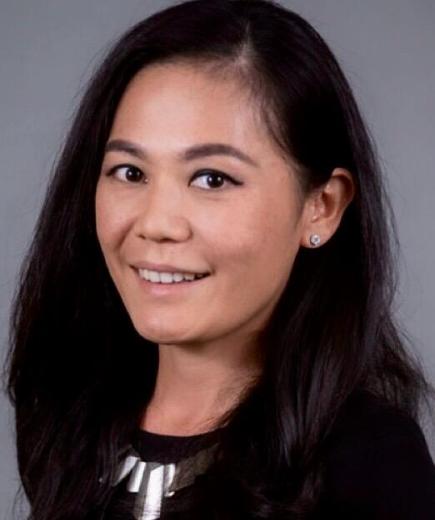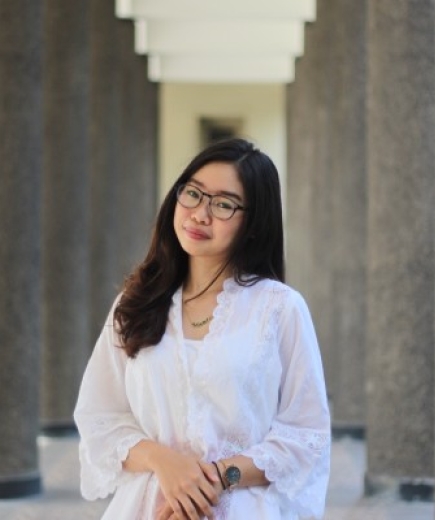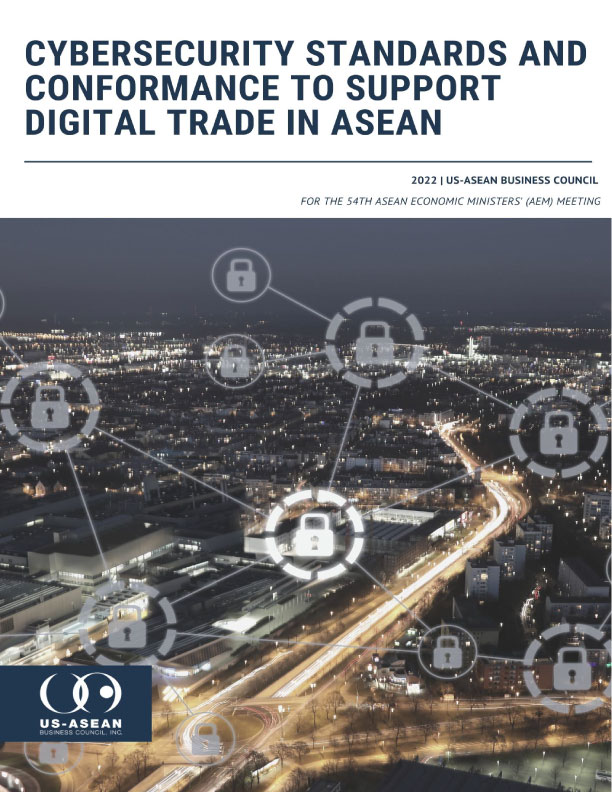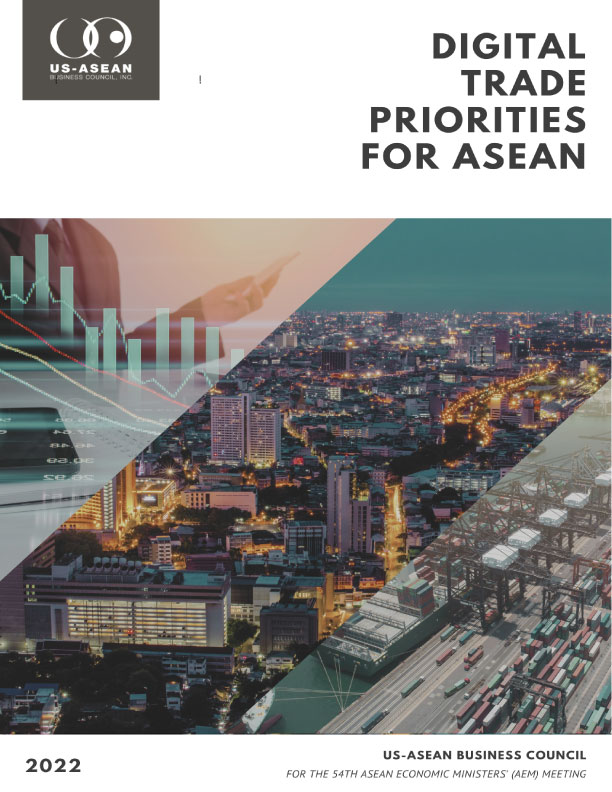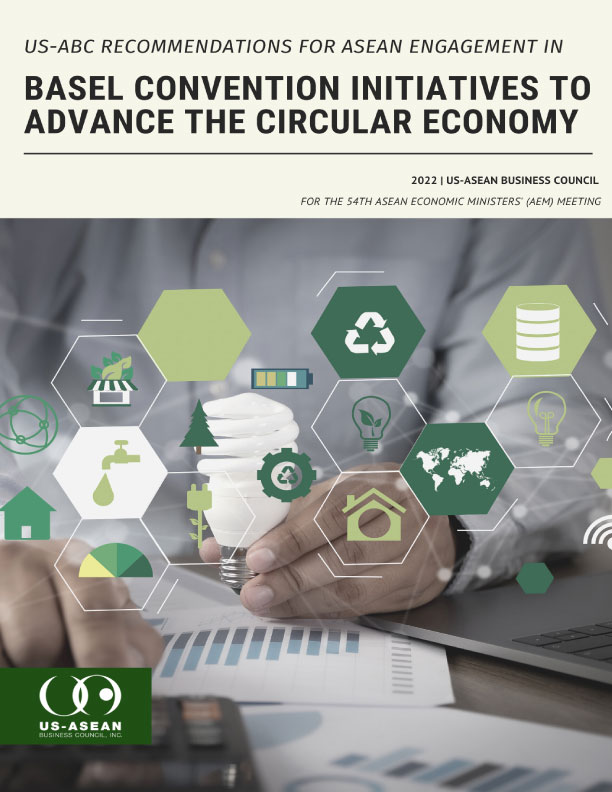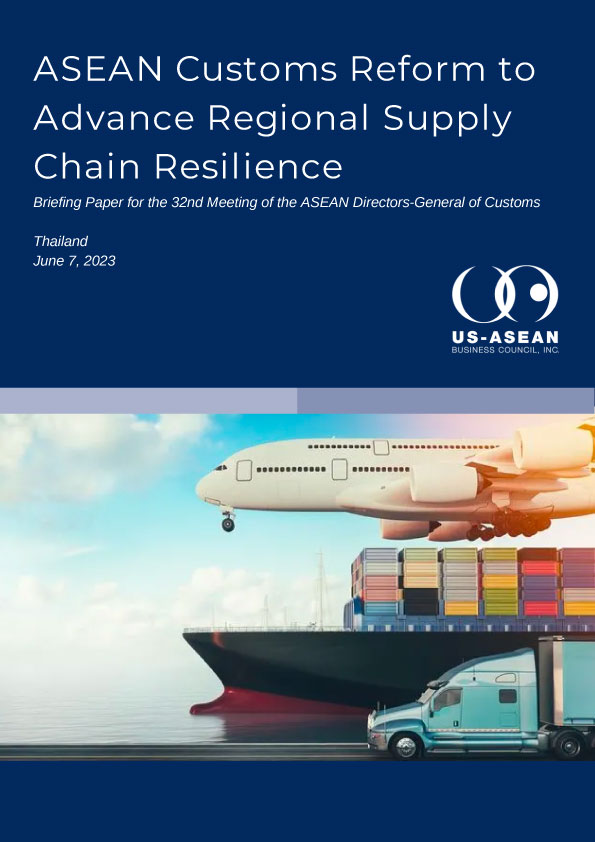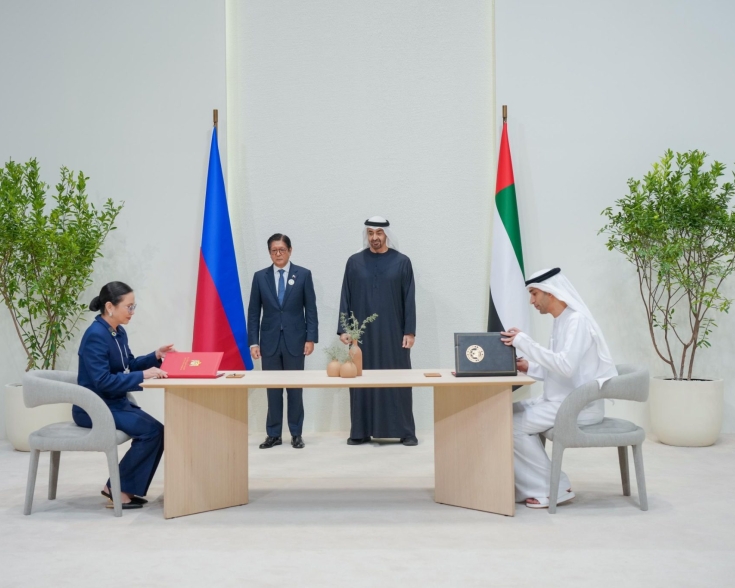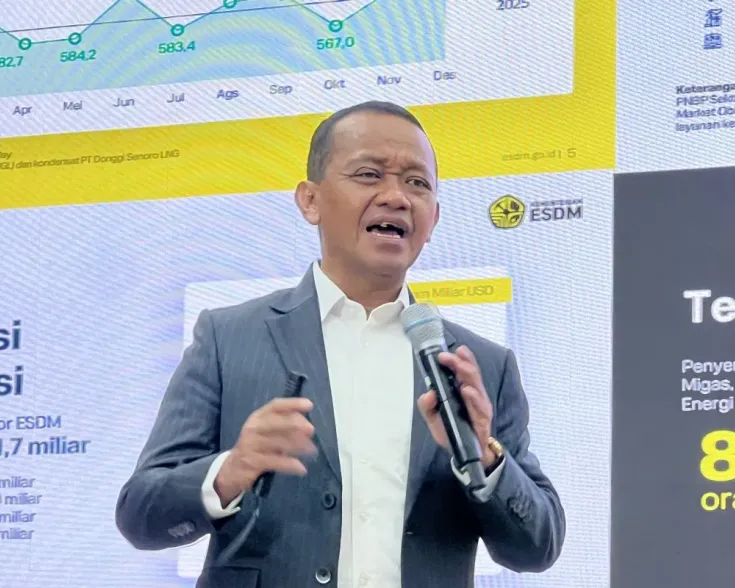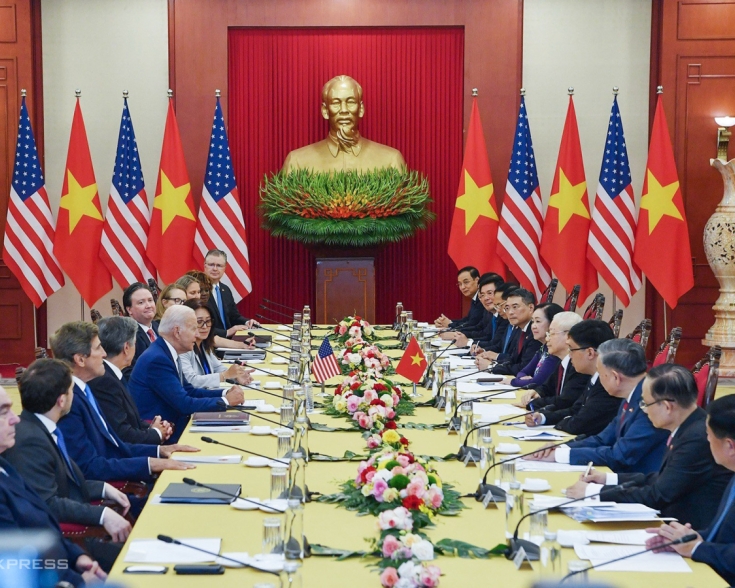Government of Indonesia Continues Technical Discussion with the U.S. ahead of July 3 Deadline

As the U.S imposed 32% tariff on American importers of goods made in Indonesia is scheduled to go into force on July 9, Indonesia’s government submitted the list of preferential tariffs on U.S. goods and a commitment to import $10 billion worth of U.S. exports. While the Government of Indonesia continues technical discussions, it has not sent any high-level delegation to Washington D.C. Simultaneously, it is also recalibrating its economic strategy in response to the America First trade policy through a calculated blend of diplomacy, diversification, and deregulation - all aimed to safeguard national interests and maintain economic resilience.
In lieu of the recent G7 Summit, President Prabowo Subianto visited President Vladimir Putin to sign a strategic partnership declaration on agriculture, nuclear energy, trade, among others. During the visit, Danantara Indonesia and the Russian Direct Investment Fund signed an agreement to create a $2.29 billion fund. The diversification also reflects through the signing of 20 agreements with France worth at least $11 billion, which include a preliminary defence pact for Rafale fighter jets and Scorpion submarines sales.
After the US imposed steep tariffs on American importers of goods made in China, a wave of low-cost exports was redirected to Southeast Asia, with an average increase of 20% and Indonesia taking the hardest hit. From January to May, Chinese exports to Indonesia saw a 36% surge, to Thailand by 20.9% and to Vietnam by 18.8%, compared with the same period last year. The global increase in Chinese exports was 6%. This trend shows a foreshadow of a global ripple effect where tariffs cut off one outlet but opened another, intensifying competition for U.S. companies in ASEAN.
